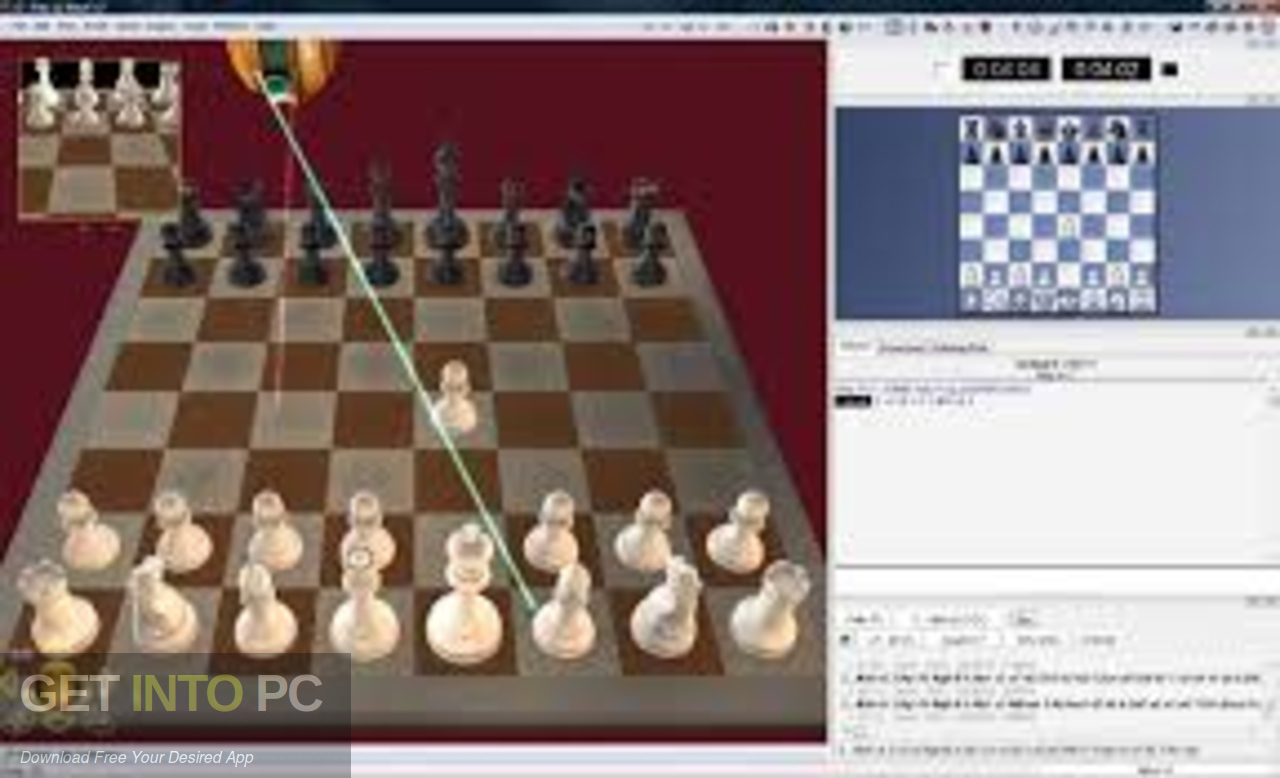

Directed programs are by nature more highly structured (and demanding), which has its pluses and minuses. I break them down generally into "directed" programs, which are intended to be all-inclusive from a single source, and "eclectic" ones, which rely on independently gathering together chess resources.

Here I would like to highlight some different types of resources available that are aimed at adult chess improvers, though they also could apply to up-and-coming juniors.
#Fritz chess training series how to#
That leads to the question of how to construct a training program. "Whimsical" training can be done for fun and in some cases may make for a useful intellectual break from other tasks, but it is unlikely to produce significant results over time. Having a program - in other words, a structured approach to training that contains achievable goals - makes it much more likely that you will in fact stay on your chosen path, rather than simply studying on a whim at random times. (" Do study techniques matter in chess?" previously addressed this idea in a broader sense, as did " Reflections on Training".) Although people's learning styles vary significantly - meaning that there is no "one true path" to mastery that will apply to everyone for any skill - it seems obvious that possessing some type of chess improvement program is important for eventual success in gaining playing strength.


 0 kommentar(er)
0 kommentar(er)
